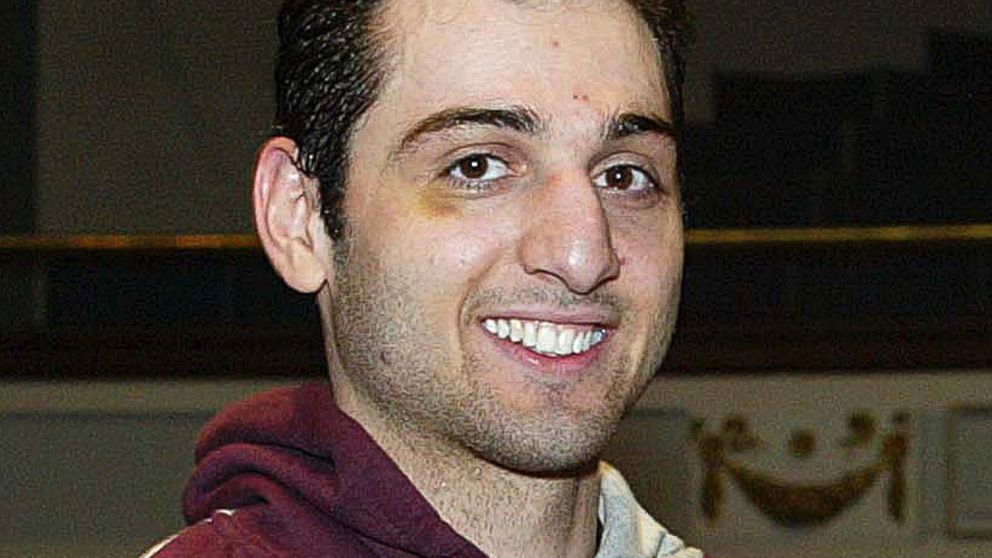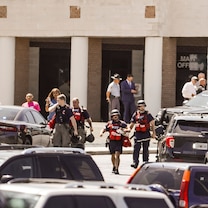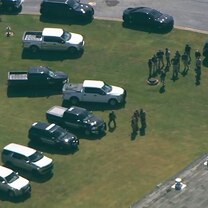New Watchdog Report Raises More Questions on Whether Boston Bombings Could Have Been Prevented
Did federal officials miss a chance to head off an alleged bomber?

April 10, 2014— -- “It is impossible to know what would have happened had different judgments been made.”
That is the conclusion of the U.S. intelligence community’s internal watchdogs after a lengthy and in-depth review of how the U.S. government handled information it obtained about a key Boston bombing suspect in the years and months before the attack.
A declassified summary of the group’s final report says all of the relevant agencies – the FBI, CIA, Department of Homeland Security and National Counterterrorism Center – “generally shared information and followed procedures appropriately,” making “investigative judgments” based on the law and what they knew at the time.
But the report’s summary also concludes that one episode a year before the attack “was significant” and “warranted further investigative action.” The report cites at least some factions within the FBI who believe a more precise and robust response by U.S. personnel could have “changed everything.”
On April 15, 2013, two Boston-area immigrants of Chechen descent, brothers Dzhokhar and Tamerlan Tsarnaev, allegedly detonated two pressure-cooker bombs near the Boston Marathon’s finish line. Three people, including an 8-year-old boy, were killed, and more than 200 others were injured.
More than two years before that, the FBI learned from Russian intelligence that Tamerlan Tsarnaev was an “adherent” of radical Islam and was “preparing to travel to Russia to join unspecified ‘bandit underground groups,’” according to the report summary released Thursday.
Armed with that information, an FBI agent in Boston began to investigate Tsarnaev, conducting database searches, performing “drive-bys” of Tsarnaev’s home, and even interviewing Tsarnaev himself. But the agent never found any negative information about Tsarnaev, and the “assessment” was closed three months later.
Still, Tsarnaev was placed into a very broad terrorism-related database, but he was not placed on any of the more restrictive watchlists because there was no basis for classifying him as a known or suspected terrorist. The fact that his name had been initially entered into the FBI system as “Tsarnayev” did not help things, nor did the fact that Russian intelligence apparently never responded to FBI requests for more information on Tsarnaev, according to the report’s summary.
So when Tsarnaev was looking to fly to Russia in January 2012, a database alerted a Customs and Border Protection officer in Boston about the upcoming travel, but Tsarnaev was deemed “a low priority” for additional screening compared with other passengers on the flight. While the officer “most likely” informed the FBI agent about the travel, Tsarnaev didn’t receive additional screening upon his return six months later either because he was never identified as a subject of interest, the report concluded.
“FBI officials disagreed about the significance of Tsarnaev’s travel to Russia and whether it should have resulted in further investigative action,” said the summary of the report, drawing on inquiries by the DHS, CIA and Justice Department inspectors general.




